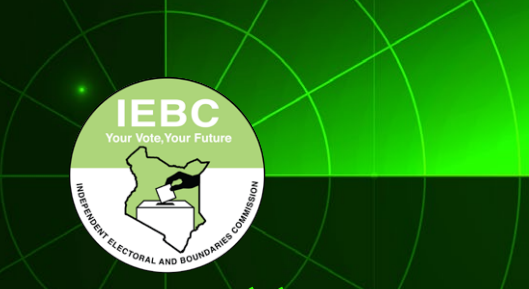A month to go and IEBC is scrambling

Despite its best efforts, and more than four years to get its act together, the electoral commission faces the same challenges it did in 2017 when it bore the embarrassment of the presidential election annulled.
Perhaps the greatest failure has been in the management of stakeholders, both external and internal, with the biggest impact being in the perception that it is not ready for the job.
On Thursday, its chairman, Wafula Chebukati, casually said that he was not aware that the first batch of ballot papers was on the way until a few hours before they arrived. This suggested that the secretariat was not aligned with the commissioners.
The arrival of the papers before the publication of candidates’ names in the Kenya Gazette has also sent alarms ringing, with the commission blaming the Government Printer. The Printer has in turn accused the commission of being insincere, suggesting that while there have been issues at the printing press, the commission committed errors in submitting the documents for printing.
Earlier in the week, the Azimio coalition revealed an alleged connection between Moses Wetang’ula and the company awarded the tender to print ballot papers and other materials that will be used in the General Election.
The commission has denied this but it should be no surprise given that most corruption in Kenya is carried out during the procurement of such contracts.
It had also gotten itself into an unnecessary bind after it asserted that only the electronic voters register would be used at the elections on August 9. It was a plainly bad idea as the commission would know that the electronic voter identification kits have often failed in the past, often because of the incompetence of the temporary staff recruited at elections time as Presiding Officers who forget to charge them.
The issue around the form of the register did not escalate as it has in the past, with the Kenya Kwanza Coalition opting not to push for the manual option. The fear by Dr Ruto’s camp was that the manual register could be marked and ballots cast for absent voters in the modern-day version of ballot stuffing. That can be countered by ensuring that loyal agents are positioned at every polling stations. The good thing for either coalition is that given the interest in the election and the efforts to ensure there is no violence, there are bound to be multiple agents at the more than 43,000 polling stations across the country.
On the back of its troubles, the commission has invited presidential candidates to send their agents to Greece to inspect the printing of the presidential ballot papers and other materials. The visits have become customary, with the press, political party and other stakeholder groups also sending their representatives.
For the electoral commission, the good thing is that there are still sufficient days to build the confidence and understanding of its procedures to prevent the misunderstandings that result in violence. It also has the time needed to train its officers, permanent and casual, to avoid the sort of incompetence that would make one of the continent’s most expensive elections come to naught, or force a costly repeat.

